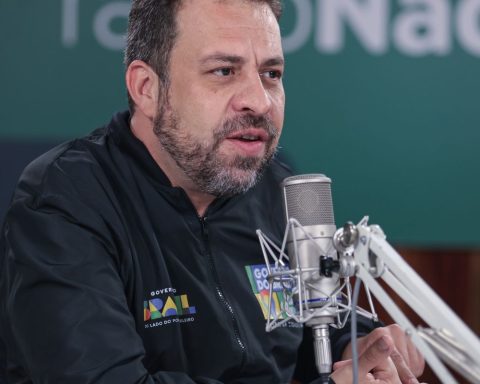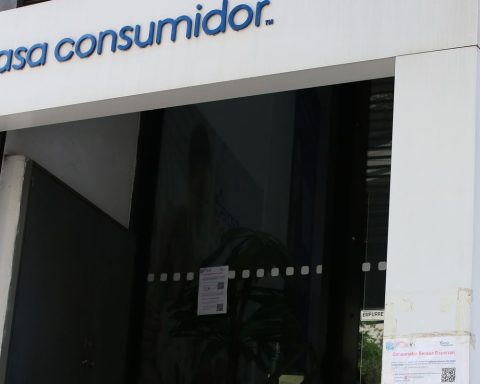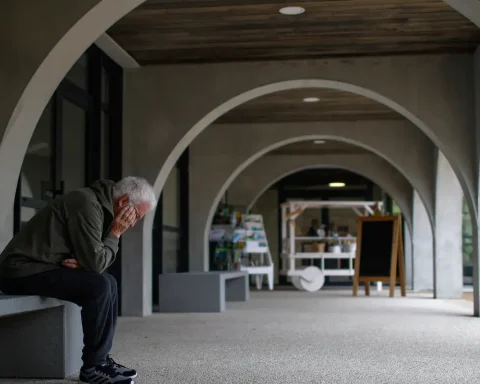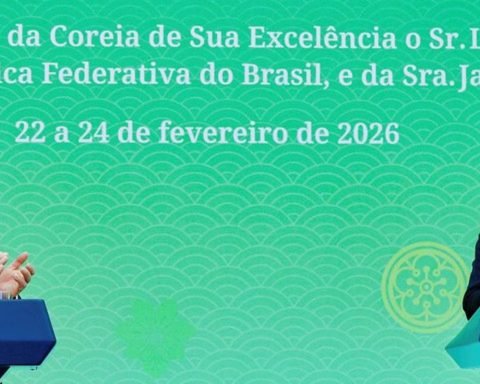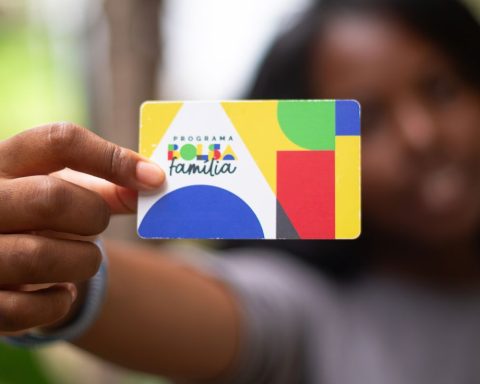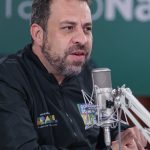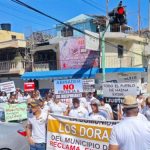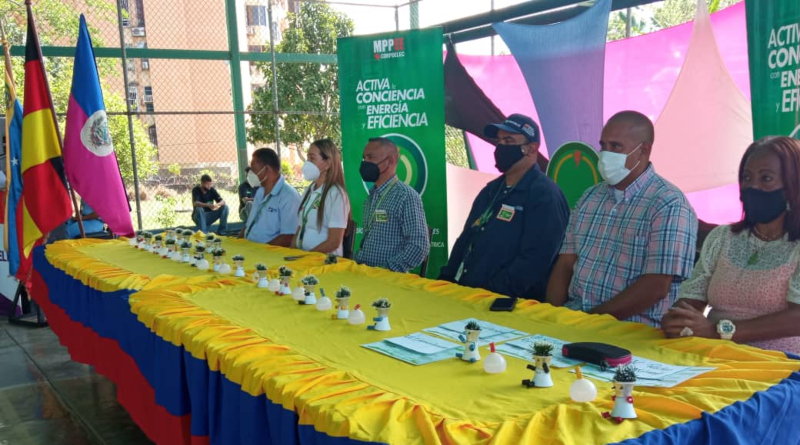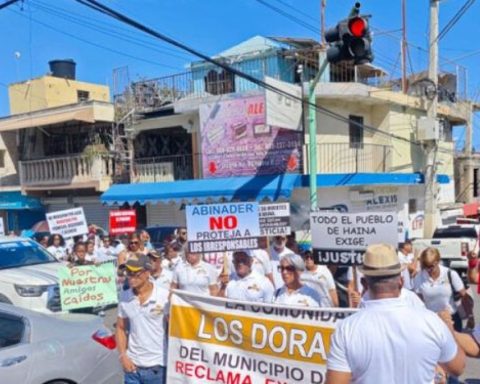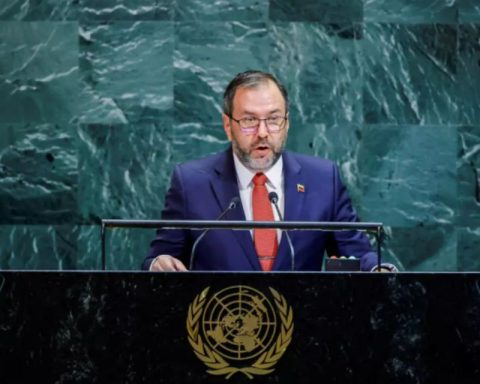About 5,000 Brazilians come to France to continue their studies. To ensure that language is not a barrier, the French Embassy in Brazil has developed, with the support of the University Agency of the Francophonie, a program that combines the acquisition of French skills with academic and intercultural objectives: Franmobe (French for Student Mobility ). 
Starting this month, the program will be developed throughout the national territory, through a network of 35 partner institutions, including federal institutes and federal universities. Franmobe aims to train Brazilian students who do not speak this language in French and support them in building their mobility projects with a French or French-speaking university.
“The Franmobe course was designed for beginning students to enable them, within a limited time, to effectively train for francophone mobility. It is based on four projects: planning your mobility – preparing for student life – preparing your mobility project – preparing and submitting your application dossier. At the end of this course, the student is able to study in French and to progress in the francophone culture of the host country”, explained Gilles Masles, director for Latin America of the University Agency of the Francophonie (AUF).
The program assists in the construction of the academic path, aimed at accompanying the student in the idealization, construction and evaluation of their academic mobility project with a French or French-speaking university.
The course seeks to improve the student’s chances of successful integration not only into academia, but into everyday life in French-speaking countries, making the study abroad experience richer, more productive and more interesting.
According to Masles, the Franmobe project is implemented at federal institutes/Cefets and at partner federal universities, with the support of the International Relations departments and language course coordinators.
“It is taught in language centers and includes young Brazilian French teachers in training, as well as French assistants (within a French-Brazilian cooperation program),” he said. “The first experience allowed the didactic system to be tested and consolidated. This feedback validated the learning objectives and tested their effectiveness: the autonomy of students and their capacity for professional projection were thus placed at the center of the approach to a mobility project”, added the director.
The reference material is free and available to all French teachers working in higher education. An collaborative approach co-construction allows the guide to be supplemented in the future by Franmobe teacher-users.
Guide
For the 8th semester mechanical engineering student at the Federal University of Minas Gerais (UFMG), Cristiane Monteiro, 23, the course helped to fulfill the first stage of realizing the dream of doing a master’s degree in Belgium.
“Franmobe was a guide, as I want to do a master’s degree in a French-speaking country. So, it was like a guide on how to program, plan and do a project. I thought it was a very valid experience,” he said. “It has already impacted my career in the sense that before I had only one idea, one dream. It was all abstract, I just wanted to do a master’s degree, with nothing defined and now I have a project. [Com Franmobe] I took this idea and put it on paper, now it is something more concrete”.
Although she already had the experience of a five-week exchange in France to study the language, the student stressed the importance of reinforcing grammatical and conversational aspects in the course.
“I got back in touch with the language, I went back to studying. We have contact with grammar more to remember, passing on some points of the French language. What I found very valid for me was the question of conversation and training, because I didn’t was in contact with the language,” he said.

